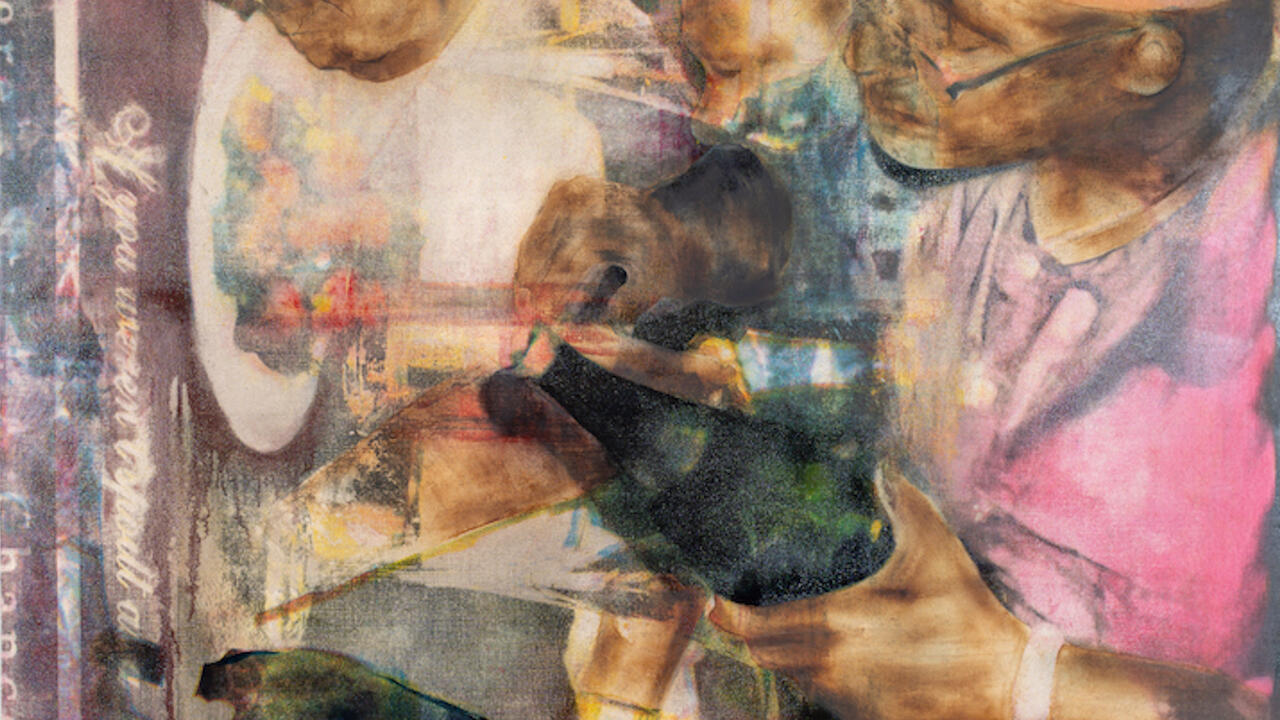Diary of an Innocent
Semiotext(e) publish a new translation of Tony Duvert‘s 1973 cult classic
Semiotext(e) publish a new translation of Tony Duvert‘s 1973 cult classic

‘I’d find it amusing if, in a few centuries, the only thing that our descendants condescend to retain of our artistic production, the only thing in which they’ll see worlds to admire, to penetrate, the only thing that they’ll show off as precious in immense museums after having flushed down the toilet all our acknowledged masterpieces, the only thing that will give them nostalgia and love for us will be our porn.’ Striking a similarly truculent tone throughout, French author and libidinal polemicist Tony Duvert’s recently translated Diary of an Innocent presents a parodic memoir of bedroom philosophy interspersed with a collection of quixotic observations and sexual inventories-in-miniature that are almost Swiftian in ambition. Written in 1973 – the same year as the author’s anarchic ‘how-to manual’, Good Sex Illustrated – the novel represents Duvert at his most literary and pornographic.

Assuming the role of a poète maudit in exile, Diary of an Innocentis set in an unnamed city – perhaps in Morocco or Algeria – where the narrator discovers a cornucopia of pubescent desire. The resulting documentation of his pederastic transgressions mines much of the same territory described in William Burroughs’ Naked Lunch (1959), The Thief’s Journal (1949) by Jean Genet, and Deleuze and Guattari’s Anti-Oedipus (1972): part epistemology, part personal mythology. ‘It would be better to think of a name for certain boys,’ explains the narrator of the fictional christening process of his anonymous lovers. ‘I’ll take them from a novel by Quevedo [The Life of the Adventurer Don Pablos de Segovia, Ideal Tramp and Image of the Swindler, 1626]; I have hardly any books here, and that will do. I just need to follow the order of the first chapter [but] choosing accurate or attractive ones isn’t important; it’s enough for chance to decide.’
Beneath the scandalous accounts of ‘boy love’ that run through these fractured recollections, the mission of Diary of an Innocentis more ambitious in scale. Duvert is not only determined to take every mother and father to task for the sexual manipulation of their children, but to evidence how the oedipalized family is a molecular extension of the West and its regulation of libido for profit. ‘In middle-class families, manners have barely changed since the time when they had bachelors to admire the watercolours of their daughter,’ he writes, ‘[but] today, they invariably show you the little ones’ drawings and psychoanalyze them. They make aghast commentary if the images the brat produced are conformist; his duty is primitive art, not imitating big people. I dodge the requests for Freudian drivel.’ So Duvert’s salacious trysts with itinerants and juveniles, which fill the bulk of the 250-plus pages, invoke as much of the libidinal-economic as they do an Olympia Press ‘porno book’, transforming these playful, tanned bodies into the prelapsarian antithesis of western capitalism, French culture and secular humanism.
For his part, Duvert is rarely apologetic about his transgressions and, rarer still, does he cloak them in the circumlocutions of a fashionable, academic rhetoric. ‘To become straight,’ he explains matter-of-factly, ‘you have to transform your cock into a phallus, that well-washed instrument of power. The asshole can remain dirty, but you’ve got to sew it up, forget the half of the penis that joins it, favor the external part and confine orgasm to that part.’ Such ‘non-discourse’ discourse might be shocking to some and downright offensive to others (the overly squeamish need not inquire on the narrator’s erotic musings on farm animals, stray dogs and worms). But the importance of Duvert’s controversial labour cannot be overstated, not only because of its unrepentant advocacy of a so-called aberrant sexuality, but for the larger task of building a radical, narrative cosmology – polymorphous, heterotopic and dedicated to a politics of pleasure. As French scholar Bruce Benderson explains in the novel’s preface: ‘The fact that many passages of Diary of an Innocent were repulsive to me and that I identified that repulsion as much more than a matter of taste is merely proof of the efficacy of Duvert’s purpose […] One could say he has chosen to lie down with the Devil in order to escape the narrow boundaries of social experience – and thus achieve an unusual kind of transcendence. As I have tried to show, such a stance probably could not be more foreign and more distasteful to the American mind.’ So while Diary of an Innocentcontains a fascinating and essential reminder of a particular past dedicated to unspoken desires, Duvert’s pornographic transfiguration likely has no greater foe than the American reader of the new millennium.













